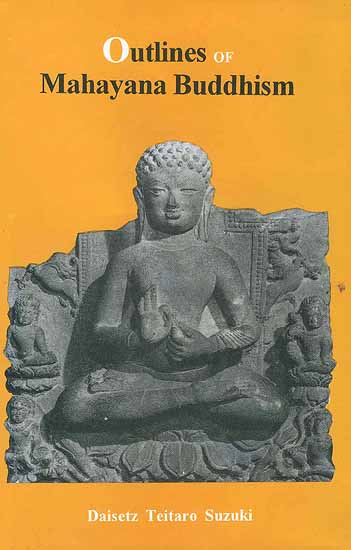On_a_Quest
Member
Hey! I'm trying to figure out what religious books I should read. I'd like to read them all eventually. Please list any suggestions because I know I haven't thought of all of them!
Here's what I've been working on:
Bible
Dhammapada (I wasn't sure what other Buddhist sacred texts there are?)
The Upanishads (I'm confused about the diff b/t these and the Vedas and where I can find the Vedas in print)
The Sayings of Confucius (Not sure if Confucianism is a religion exactly. Is there any particular book that represents Confucianism?)
On my to-do list:
Qur'an
Guru Granth Sahib
Book of Mormon
Tao Te Ching
What am I missing? My goal is to read all religious scripture so I can learn as much as I can and find ideas and some kind of direction.
Here's what I've been working on:
Bible
Dhammapada (I wasn't sure what other Buddhist sacred texts there are?)
The Upanishads (I'm confused about the diff b/t these and the Vedas and where I can find the Vedas in print)
The Sayings of Confucius (Not sure if Confucianism is a religion exactly. Is there any particular book that represents Confucianism?)
On my to-do list:
Qur'an
Guru Granth Sahib
Book of Mormon
Tao Te Ching
What am I missing? My goal is to read all religious scripture so I can learn as much as I can and find ideas and some kind of direction.



